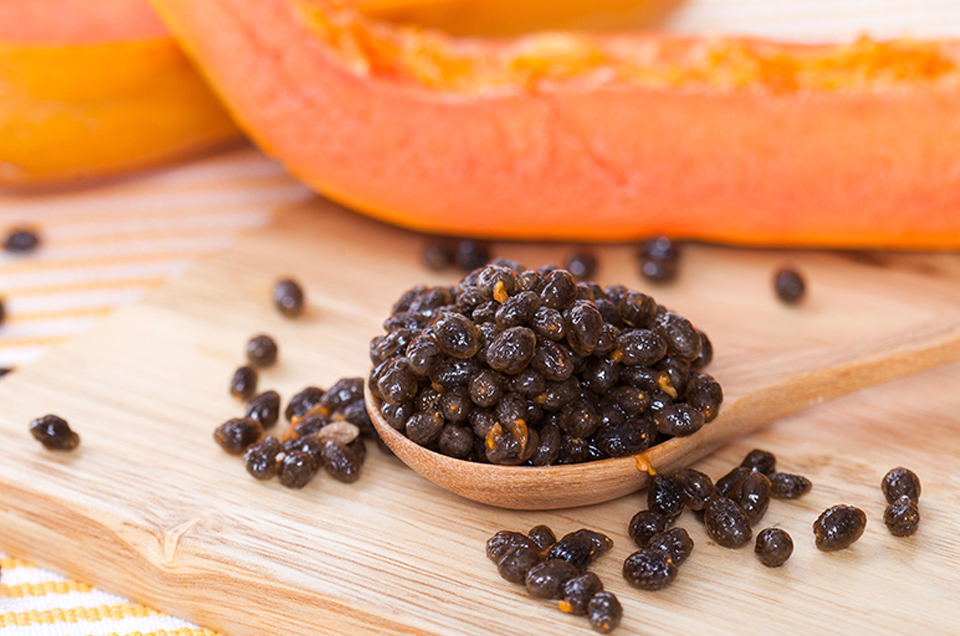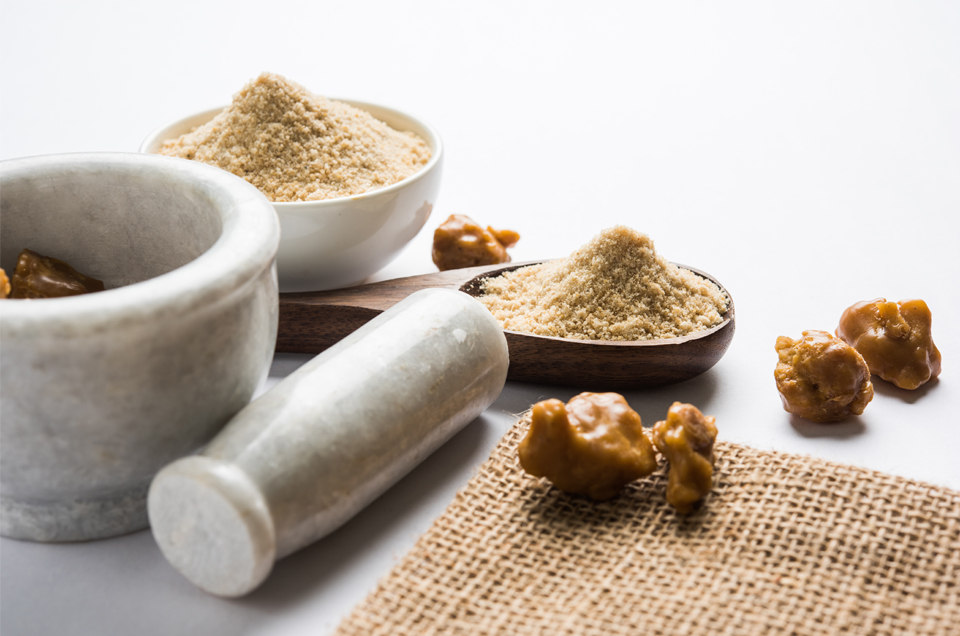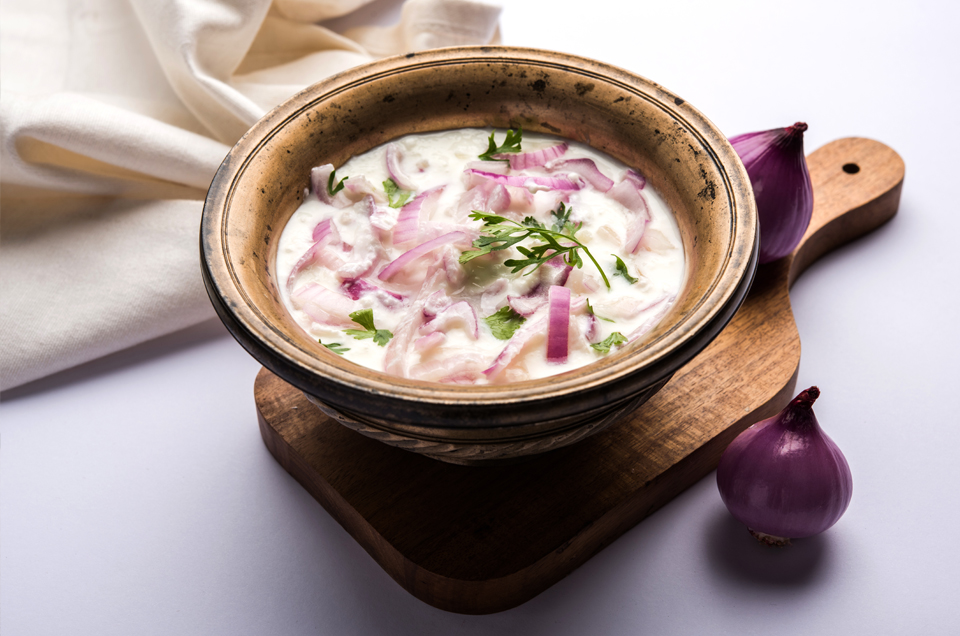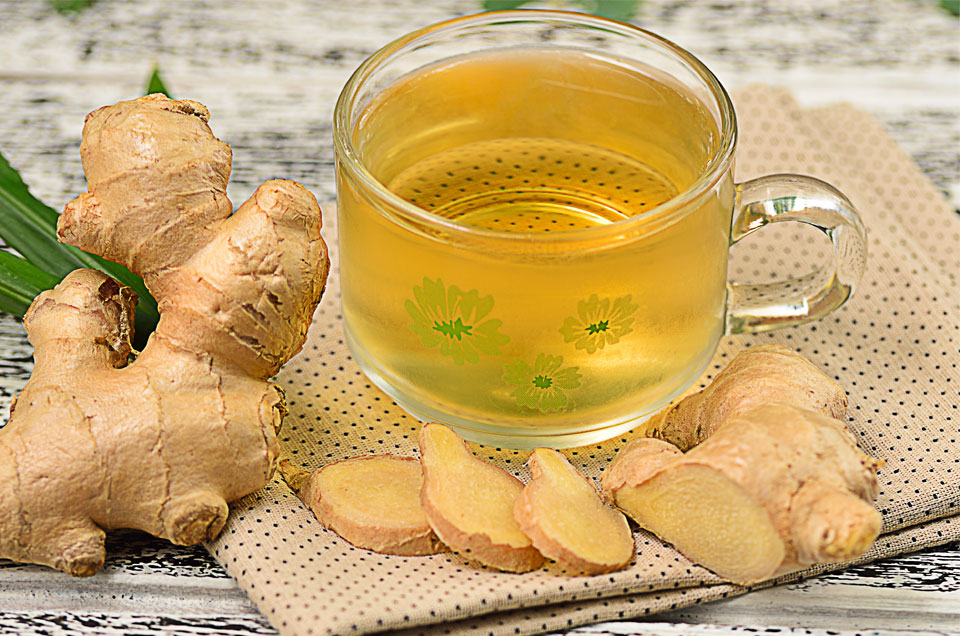Ayurvedic View of IBS Duodenum (beginning of the small intestines) holds the food before digestion and this is the location of Agni (digestive fire). Irritable Bowel Syndrome is known as Grahani Roga which essentially means the inability of the intestines to retain (grahana) food long enough for proper digestion and absorption. According to Ayurveda, the cause behind IBS could be one of the following or a combination of different factors.
Improper food (Vishama bhojana), Unwholesome food (Asatmya bhojana), Heavy food intake (Guru bhojana), Cold food intake (Sheeta bhojana), Dry and junk food (Rooksha ahara) are some somatic factors, whereas; Improper sleep, staying awake at night and sleeping during day (Swapna viparyaya), Grief (Shoka), Anger (Krodha) and Fear (Bhaya) are some psychological factors that can lead to IBS.
Tips to prevent IBS flare-ups Ayurveda offers very effective irritable bowel syndrome treatments. For long term relief consult with an Ayurvedic doctor. Here are some home remedies for irritable bowel syndrome that will help you manage your IBS flare-ups this summer.
Psyllium husk (Isabgol) The humble husk of Plantago Ovata seeds is a magical herb that is equally beneficial in constipation as well as in diarrhoea. The husk adds volume to the waste and absorbs extra water which facilitates easy passage of stool which will reduce the number of trips you take to the lavatory. It also adds a layer of protective lining to the inner side of the stomach that helps in reducing hyperacidity. For best results you can add curd to the husk. Curd has beneficial microbial agents that heals the gut.
Fennel seeds (Saunf) Ayurveda considers undigested food particles as the cause of many diseases. This is known as Ama and is produced when incompletely digested food remains in the digestive track. Fennel seeds eliminate excess fats in the body and prevents formation of ama. You can powder roasted fennel seeds and consume it with warm water. Alternately, you can also boil half a spoon of fennel seeds, let the water stand for a few minutes, strain and drink. Jiva Digest All Churna contains Saunf and several other natural ingredients which addresses several somatic factors that cause Irritable Bowel Syndrome (IBS).
Pumpkin Soup Pumpkin soup is also very beneficial in keeping IBS discomfort under control. Prepare your favourite pumpkin soup. Keep it simple and wholesome. To get maximum benefit from Pumpkin soup, add freshly crushed ginger during preparation and freshly chopped coriander leaves, cumin powder and black pepper before serving. Consume it warm.
Ayurveda offers root-cause treatment and long-term relief in IBS. To get proper treatment, get in touch with our doctor by dialing 0129-4040404.





 Prev
Prev






























